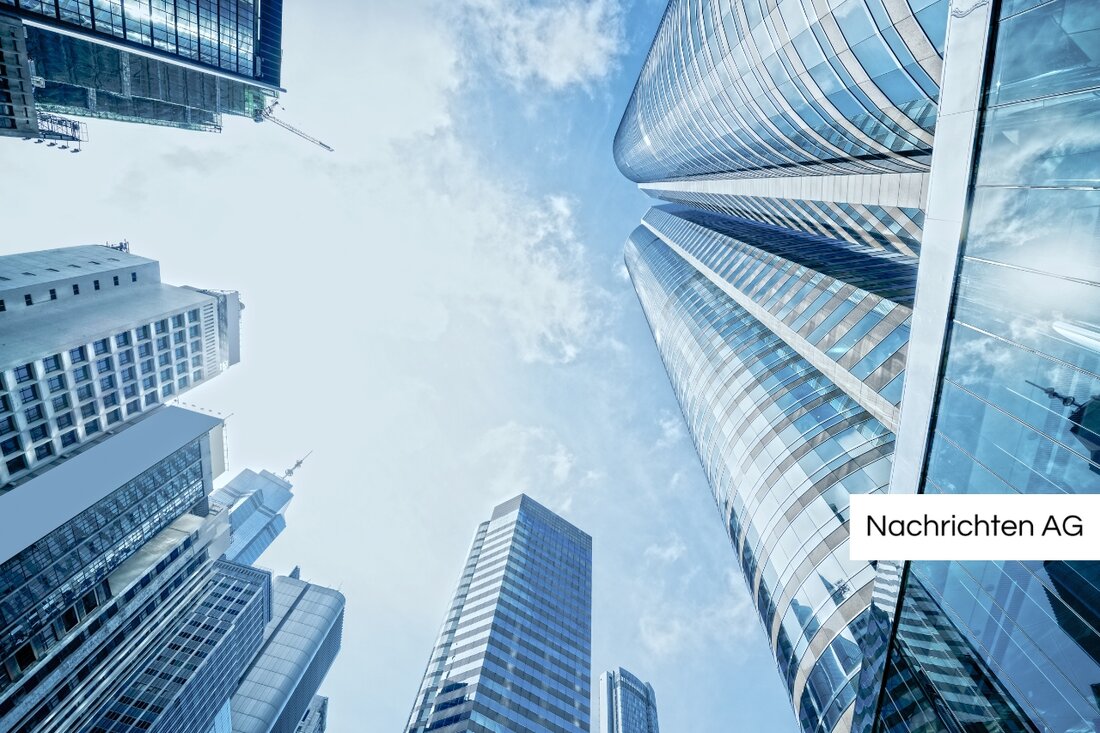Sustainability in marketing: opportunities and risks for our future!
Sustainability in marketing: opportunities and risks for our future!
In a current event of IAB Austria, the focus was on the topic of sustainability in marketing, tourism and technology. Under the title "Starting with Purpose: Building a Sustainable Narrative In Online Marketing", experts and decision -makers discussed the role of sustainability as a duty and as an opportunity to increase performance in digital advertising. Led by Phillip Fumolo and Herbert Pratter of the Sustainability working group, the keynote of Evelina Lundqvist (The Good Tribe) illuminated the importance of entrepreneurial sense orientation and the need for emission reduction. The event was moderated by Grazia Nordberg Constantini.
In the subsequent discussion, Michaela Ange Angel from Austria advertised, Rut Morawetz, the President of IAB-AUSTRIA, and Christoph von Reibnitz of Cedara strategies for sustainable digital advertising. The panelists emphasized the importance of clear sustainability goals and urgency to establish new standards in the industry. Ursula Gastinger, Managing Director of IAB Austria, emphasized the high level of interest in sustainable practices within the marketing industry and named current facts that are alarming: data centers consume the energy of around 50,000 households and online advertising causes up to 20% of total electricity consumption on the Internet.
strategic approaches to sustainability
The discussion made it clear that companies should formulate a clear purple in order to successfully develop sustainable measures. A strategic attitude towards sustainability is not just a possibility, but a necessity to remain competitive in digital marketing. In her lecture, Evelina Lundqvist demanded that sustainability must become a strategic attitude in companies. In order to achieve these goals, a code of conduct is recommended for ethical marketing, as well as measurable sustainability goals and an adaptation of internal processes to sustainability vision.
The panel also addressed the area of tension between economic pressure and climatic responsibility. Rut Morawetz noted that practicable standards for campaigns are required. Quiet, precise data for calculating emissions that Christoph von Reibnitz appealed are indispensable for companies. The technology plays a key role in this: artificial intelligence (AI) and technologies such as DCO can be used as a lever to reduce emission.
artificial intelligence and their role in sustainability
artificial intelligence is a controversial topic, but offers numerous advantages for a sustainable future. AI can not only make work and production processes more efficient, but also optimize energy consumption. These technologies are particularly important in online marketing because they help to better use resources, reduce CO2 emissions and reduce costs. Over 70% of consumers attach great importance to the fact that companies take responsibility for the environment, which directly affects buying behavior. Sustainability marketing combines the pillars of economy, ecology and social Engagement.
The advantages of green marketing are diverse: in addition to improved brand image, customer loyalty increases responsible action. Environmentally conscious consumers are ready to pay more for sustainable products. However, there are also disadvantages, such as skepticism compared to sustainable marketing measures or the risk of greenwashing, in which companies incorrectly advertise with sustainability. KI offers great potential to address these challenges and increase the efficiency of marketing campaigns through data analyzes.
In the context of the discussion, it was also mentioned that the use of AI could lead to saving 2.4 gigatons CO2 emissions by 2030. This corresponds to the entire expected emissions of Australia, Canada and Japan this year. This shows how important the integration of technology is into sustainable strategies and what opportunities arise for companies if they courageously take new ground and think in the long term.
Overall, it becomes clear that the exchange of knowledge and the commitment within the industry are crucial for sustainable change. Regular monitoring for the documentation of progress is considered indispensable in order to be able to manage the complex challenges of emission analysis and optimization measures. The event was a sign of the necessary foresight that is needed in the marketing industry to take both economic pressure and responsibility for climate protection seriously.
For more information about the importance of sustainability in digital marketing, visit medianet Marketing, which can be found on Seo-küche , and for comprehensive data on the economy and emissions by AI on pwc .
| Details | |
|---|---|
| Ort | Graz, Österreich |
| Quellen | |


Kommentare (0)